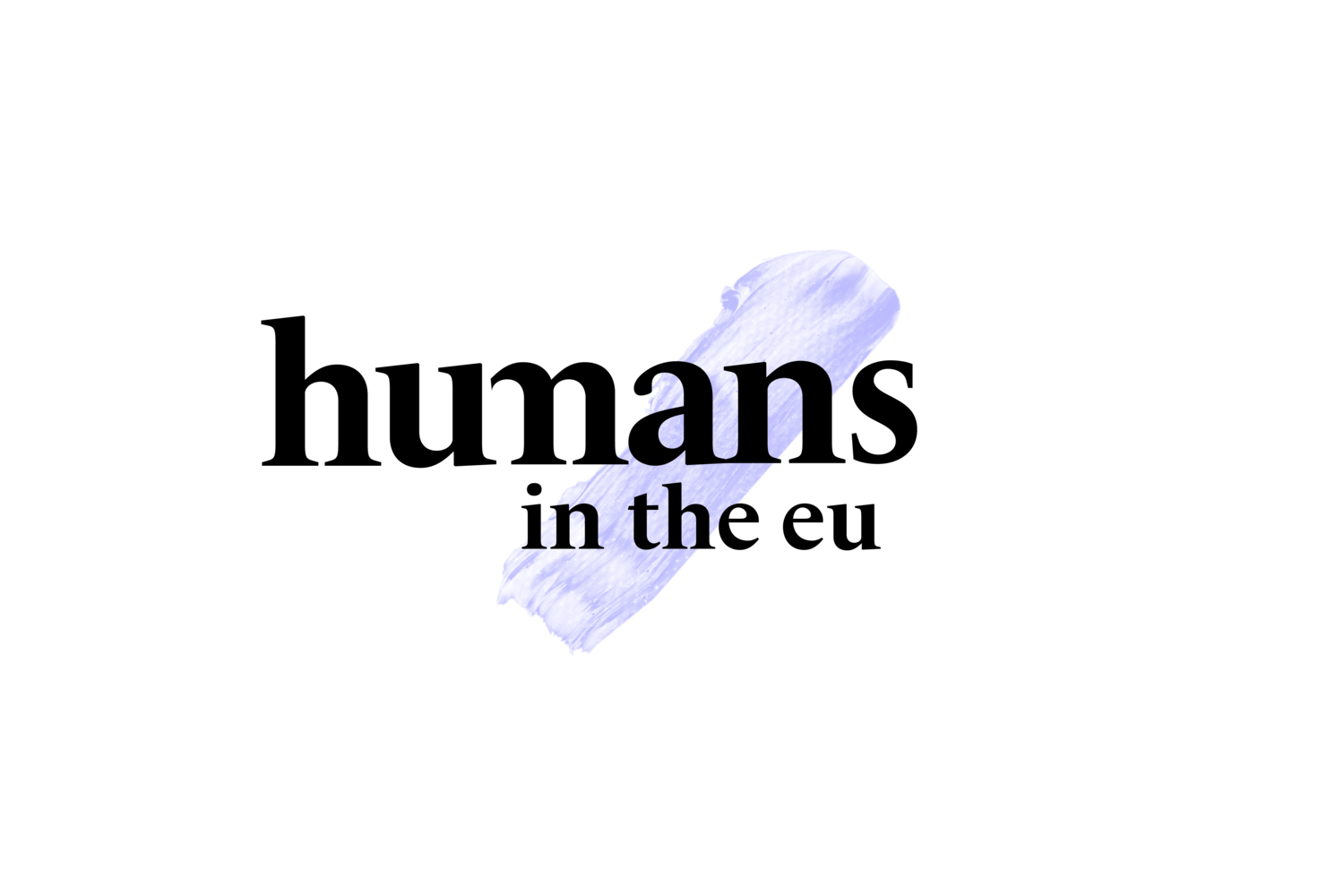“Europeans United for the Future of the Climate Crisis”
At the beginning of September 2021, the Assembly of Solidarity took place in Romania focusing on pressing climate issues. Climate policy strategist Suzana Carp gives us an extensive overview of her background as well as the outcomes and importance of the assembly for reducing future climate impact.
Q: Tell us a bit about yourself. Who are you?
SC: I am a European citizen and a long-standing campaigner for climate policies in the European Union (EU). I was born in Romania, and my first ever memory was a sequence of brief images from the Revolution in 1989 - I was a toddler then, but I will always remember the chanting for freedom and democracy rising from the streets. I moved to the United States (US) in my teenage years, where I completed my high-school and university studies. I was a very lucky student to receive several scholarships which enabled me to study environmental systems and climate change already at the age of seventeen and to spend time in Northern Ireland to understand the dynamics of reconciliation practices. Following my university studies in the US, I returned to Europe with a one-way ticket, where I first traveled to the United Kingdom (UK), then to Romania and Poland, and eventually permanently moved to Belgium.
Q: What was your best moment from this assembly?
SC: When I volunteered to organise the “Assembly of Solidarity” in Romania over the summer, my main motivation was to spark a dialogue in the community about the local dimension of the environmental crisis we are faced with. With the pandemic unfolding in the background, I was also terribly keen to get people out of their homes and debating in the open air.
Specifically, this assembly involved two local environmental NGOs and took place in one of the main tourist destinations in the country, which often is faced with massive pollution from the current unsustainable practices around tourism. My favorite thing about it was the real willingness and interest of the participants in finding solutions to the issues faced by the targeted region, in particular regarding protecting our ecosystems such as Danube Delta, where speed boats regularly interfere with the bird colonies and add to the fast erosion of the shores, while also poisoning fish and adding to the air pollution in the natural reserve. I really liked the idea of encouraging slow tourism, an idea which before the pandemic would have never received attraction. Going to places for a longer time than just a weekend and using slower transportation means to get around, were some of the ideas that I found to be very interesting for how we may act as citizens to actively change our negative impact on the environment.
One surprising aspect in the assembly for me was that the participants chose to group themselves by age groups and that there was very little willingness to interact across generations. So, naturally, my favourite moment came towards the end of the assembly when the two separate bubbles started mixing up a bit, first through jokes about each other and eventually through the final activities which brought the whole group together. I am a strong believer in inter-generational dialogue and I therefore very much think young people need to have more of a say in shaping their futures, as well as believe that building on the experiences of those closer to retirement is extremely valuable.
Q: What was your worst moment from this assembly?
SC: The worst moments of the assembly were the ones involving the activities leading up to it. Firstly, it was nearly impossible to find a location that served what we wanted to do as the idea of a citizen’s assembly itself seemed completely unheard of. We looked for an open-air venue and found one eventually, but by the end of the assembly, our hosts were skeptical of it and were questioning its purpose. I went out of my way delivering posters all around town and we had press releases going out, but the idea of such a gathering was somewhat too distant in people’s vocabulary. I think that for the first assemblies to be truly successful, a regular practice of citizen’s assemblies on all sorts of topics needs to be maintained.
Q: Why is this assembly important for European citizens?
SC: The European citizens who attended this “Assembly of Solidarity” in Romania have always felt marginalised inside Europe, which I suppose is quite normal when they are literally on the Eastern border of the EU overlooking the Black Sea. But I noticed that during the discussions they were particularly keen on connecting with the other assemblies which took place across Europe and the idea of participating in transnational assemblies later in the year, as their solutions would be put forward towards the Conference on the Future of Europe which was particularly important to them. Without more of these assemblies, I do not think that the Conference has a chance for real success, regardless of what happens in Strasbourg and on the online platform, as the feeling of disconnect is strong. Also, an online platform managed by an AI mechanism -completely unnecessary- can only increase the perceived distance between citizens and the European Union institutions which appear to be ever more opaque on the local level.
Q: Tell us about your most challenging moment/memory in Europe and how you overcame it, given your background and the work that you do.
SC: My most challenging moment when working in Europe was standing as a candidate in the last European elections in the United Kingdom in May 2019. Ever since the referendum on the departure of the UK from the EU took place, I had been involved with several European and British groups advocating for the protection of citizens rights in the face of Brexit uncertainty. I also had the opportunity to moderate the only two public debates which took place between civil society and the negotiating task forces, according to the guidelines for the negotiations, in my role as a board member of the ECIT Foundation, European Alternatives and the chair of the New Europeans board at the time. But, the political campaign where I stood as a Romanian residing in the UK was particularly challenging and the risks were very high for extremely low stakes. It was clear that the pro-European candidates stood a very little chance of swaying in the elections. But it was entirely worth it, from my perspective, for the purpose of reclaiming the voice of the Eastern Europeans in the UK and for changing the discourse about their relationship with the EU - including the UK as it was. I also had to fight hard for my EU citizenship rights for standing in the elections in order to be respected, because the timeliness proposed inside the UK made it nearly impossible for those like myself to get on the electoral rosters in time.
Suzana Carp (@suzanacarp) is a renowned Romanian independent climate policy expert and strategist that partakes in the EU climate and energy debate through offering advisory to NGOs, EU institutions, governmental and non-governmental stakeholders committed to the need for a swift transition to a net-zero economy. She also co-authors written pieces and works on central EU climate policies with a particular focus on green economy and carbon markets.




